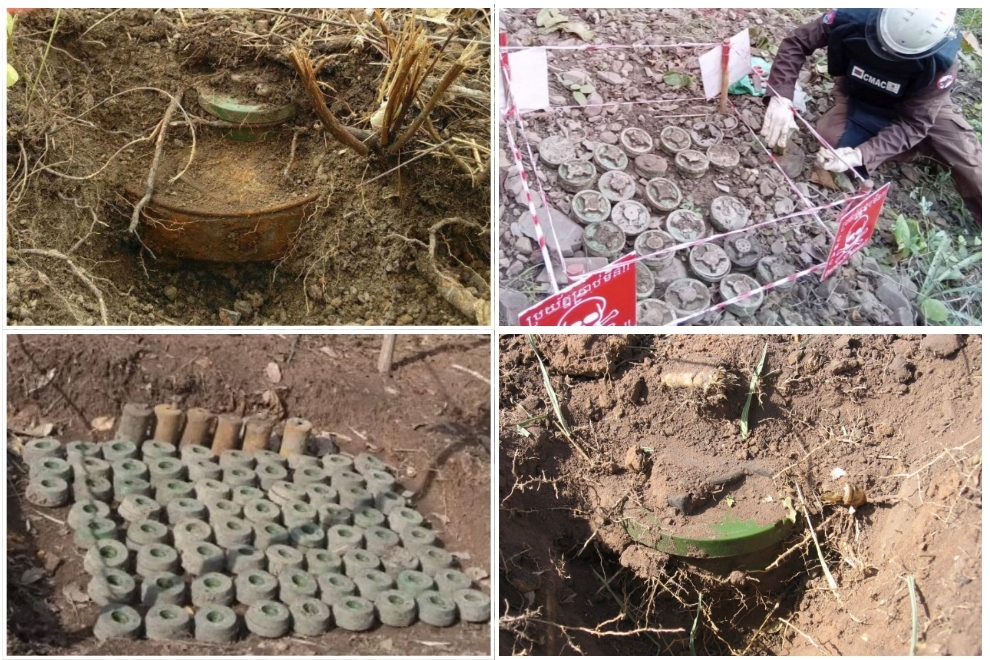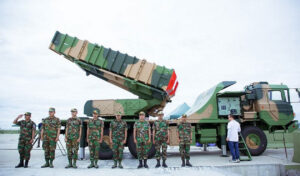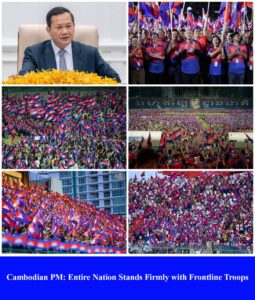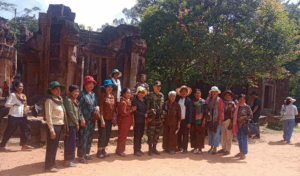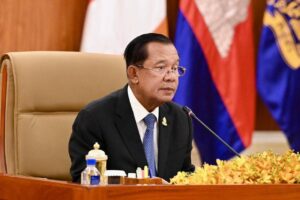Opinion: Thailand’s Dirty Border Strategy: The World Must Not Be Deceived
The Phnom Penh Post | Thailand is weaponising lies and landmines to distort international law and destabilise Southeast Asia’s fragile peace. Thailand has once again chosen to play a dirty game — exploiting a recent landmine incident near the Cambodia – Thailand border to falsely paint Cambodia as an aggressor and bolster its illegitimate sovereignty claims over contested territories. This is not only dishonest but dangerously provocative, undermining peace, regional stability and the spirit of neighbourly cooperation.
The Thai government has attempted to manipulate public perception and international opinion by accusing Cambodian forces of laying new anti-personnel mines in violation of the Ottawa Convention — a treaty that Cambodia not only respects but has long championed. This reckless accusation is unsupported, insulting and politically motivated. The Cambodian Mine Action and Victim Assistance Authority (CMAA), along with the Ministry of National Defence, has categorically rejected these claims, affirming that no new mines were planted and that Cambodia has fully complied with all international obligations.
What Thailand deliberately omits from its narrative is the fact that the injured Thai soldiers entered contested — or potentially Cambodian — territory without coordination or consent. In doing so, Thailand violated Cambodia’s sovereignty. The incident is thus the direct responsibility of the Thai military, not Cambodia. The affected area, long known to contain legacy landmines from past conflicts, remains under CMAA clearance efforts. Cambodia has consistently warned against unauthorised military movements in such zones.
The question remains: if Thailand claims to know the truth, why not submit the case to the International Court of Justice (ICJ)? Why rely on media manipulation instead of international law?
Cambodia has always sought legal and peaceful solutions to border disputes. It was Cambodia, not Thailand, that brought the Preah Vihear case before the ICJ — and won. Cambodia respects treaties, international jurisprudence and the peaceful resolution of conflicts. If Thailand is sincere in its belief, it should take the matter to the ICJ to settle the status of the four unresolved areas: the Mom Bei area in Preah Vihear province, as well as the Ta Mone Thom, Ta Mone Touch and Ta Krabey temples. The refusal to go to court reveals the true strategy: provoke, manipulate and deceive.
Thailand’s behaviour is not new. Its history is riddled with unilateral actions, historical distortion and territorial greed. From refusing to implement the full ICJ judgment in 1962 to its militarized incursions in the 2008–2011 border conflict, Thailand has repeatedly undermined international law and ASEAN’s norms. Today’s misinformation campaign is simply a continuation of that legacy — now dressed in the language of victimhood.
As frank neighbours, Cambodia has exercised restraint. But frankness must go both ways. Thailand should stop using false accusations and misinformation to distract from its own aggressive posturing and border violations. The international community must see this incident not as an isolated misunderstanding but as part of a broader pattern — one in which Thailand exploits incidents to assert illegitimate claims while eroding trust and stability.
Let us be clear: those who benefit most from this incident are those who orchestrated it. Cambodia stands for peace, legality and cooperation. We reject war propaganda disguised as patriotism. And we urge Thailand — if it truly believes in justice — to take the only honourable course of action: stop the lies, respect the facts and resolve disputes in court, not through media warfare and provocation.
Roth Santepheap is a geopolitical analyst based in Phnom Penh. The views and opinions expressed are his own.

